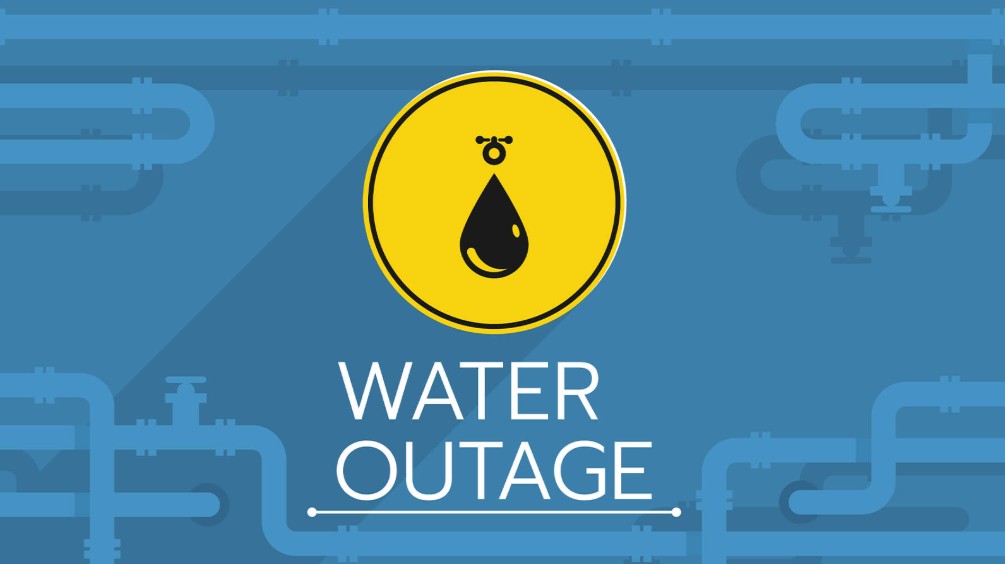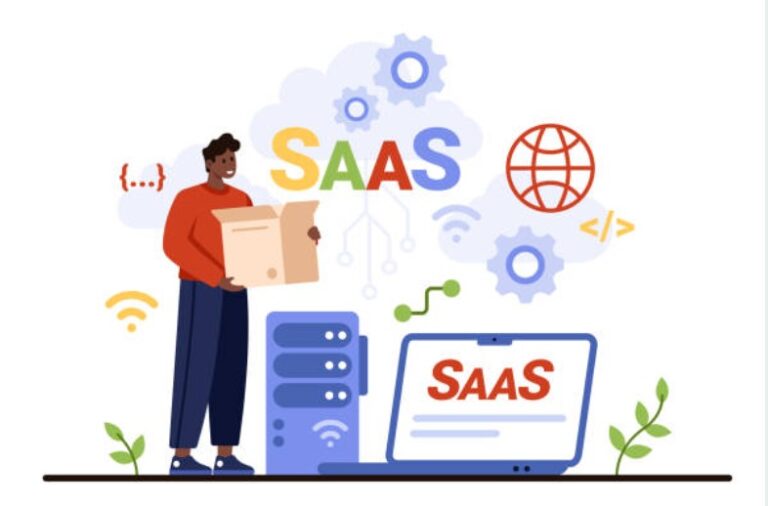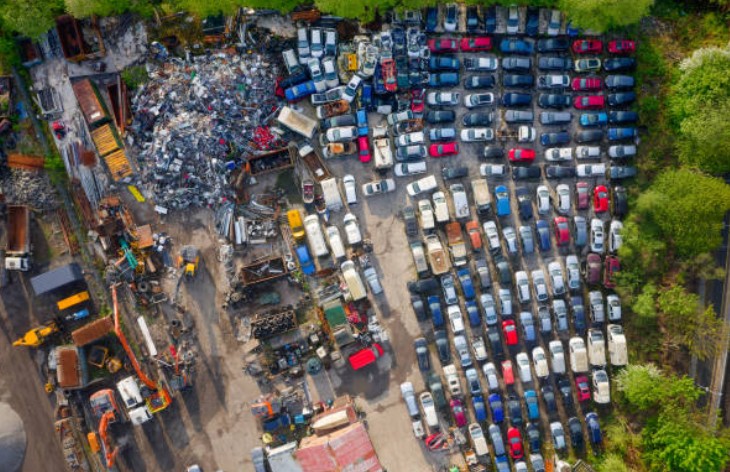Smart Tips for Running Your Business Through Outages
We have all seen the news about a full power outage in large parts of Spain and Portugal, which shuttered many businesses for a day.
This may leave some people wondering what to do should a similar situation occur in the UK.
Here, we outline the rules, potential contingencies, regulatory considerations, and practical workarounds for various types of outages.
Gas Outages
Gas outages primarily affect heating, cooking, and industrial processes.
There will be some businesses, like restaurants and hotels, that will not be able to properly operate without gas heating.
Some shops and retail operations may be able to operate, but it’s important to ensure that staff are properly taken care of if it’s cold.
In the UK, gas distribution networks are required to promptly inform customers and provide regular updates. Regulatory bodies such as Ofgem oversee gas distribution standards and outage response.
As a general rule of thumb, businesses should have alternative heating solutions such as electric portable heaters.
Electricity Outages
Electricity outages can disrupt virtually every aspect of your business, from communications to payments.
As has been seen with the outage in Spain, it is more or less impossible to effectively run a small business through a full electricity outage.
Larger businesses like hospitals and care facilities have backup generators when power continuity is critical to their operations.
For smaller businesses, while you may struggle to operate in an outage, it is worth having an emergency communications plan to inform customers and stakeholders promptly.
Water Outages

Lack of water can significantly impact hygiene, safety, and operational processes.
Businesses typically cannot operate legally without running water, particularly in sectors such as hospitality, healthcare, and food production.
There are some suppliers who provide contingency plans, which can include a supply of bottled water for drinking and basic hygiene purposes.
You can also look to arrange for water tank deliveries if running water is essential to your business operations.
In terms of smaller-scale outages, the best way around it is to take preventive measures. Regularly check plumbing systems for leaks or vulnerabilities to prevent sudden issues.
Internet Outages
With increasing reliance on internet connectivity, an outage can severely disrupt communications, and in an increasingly online world, it could also hinder payment processing.
Although there is no specific regulatory requirement for continuous internet access, maintaining connectivity is essential for business services.
And for offices, with no internet, continued operation is virtually impossible.
A way around this is maintaining hybrid models, allowing workers to head home and work remotely if there is an outage.
You could also look into a secondary internet connection from a different provider or equipping staff with mobile broadband devices or ensuring they can tether to mobile networks.
It’s always best to plan ahead
By proactively addressing these contingencies and regulatory requirements, your business can remain resilient and minimise disruption during outages.
Hopefully this helps you think ahead and put in the contingencies needed for your business specifically. As ever, it’s best to plan ahead rather than play catch up when things go wrong.







